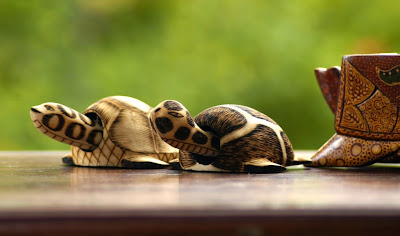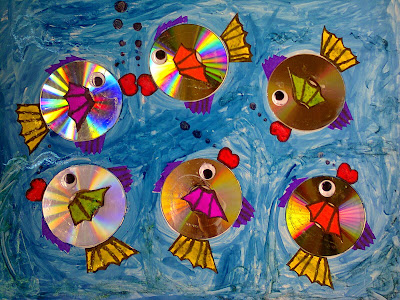The Oxford English Dictionary gives the etymology of tattoo as, "In 18th c. tattaow, tattow. From Polynesian tatau. In Tahitian, tatu." The word tatau was introduced as a loan word into English; its spelling was changed over time from the "tattow" seen in late 18th century writing to the modern "tattoo" and its pronunciation was changed to conform to English phonology.
The first written references to the word, "tattow" appear in writings from the first voyage of James Cook by many of the crew members. Before the importation of the Polynesian word, the practice of tattooing had been described in the West as pricking, painting, or staining.
Usage of the terms "skin art", "tattoo art", "pieces", and work" is gaining greater support,[citation needed] with mainstream art galleries holding exhibitions of both conventional and custom tattoo designs, challenging the stereotypical view of tattoos and who has them.
Copyrighted tattoo designs that are mass-produced and sent to tattoo artists are known as "flash", a notable instance of industrial design. Flash sheets are prominently displayed in many tattoo parlors for the purpose of providing both inspiration and ready-made tattoo images to customers.
back tattoo art girl images























